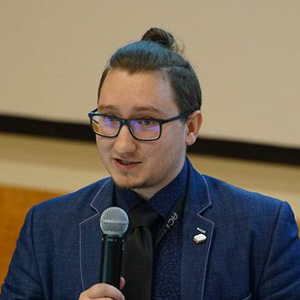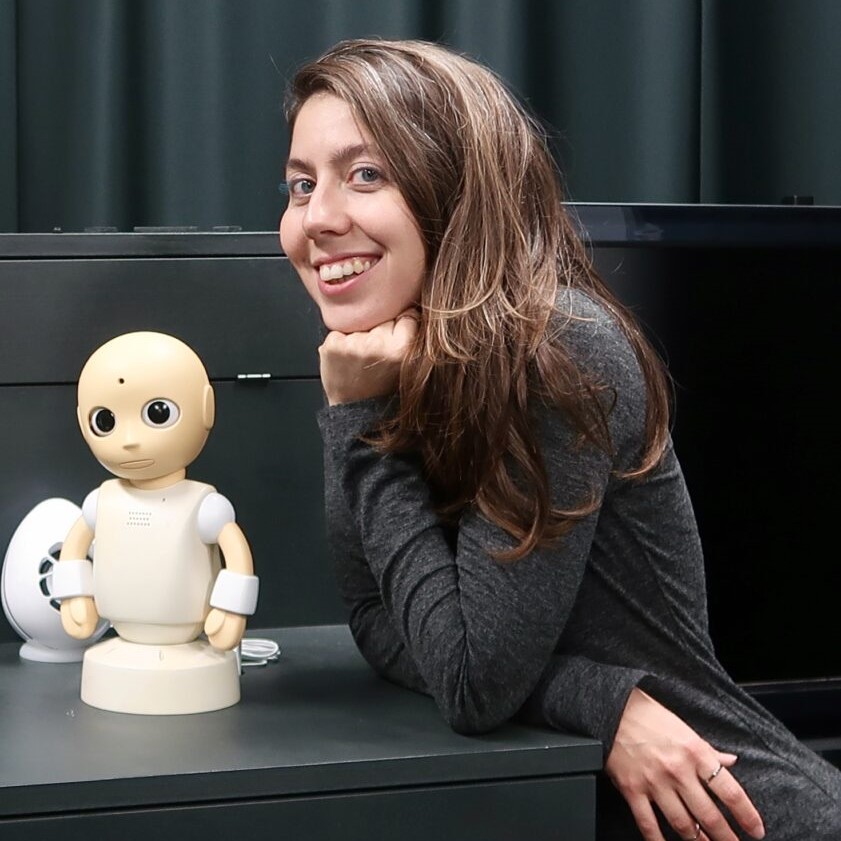✨ Keynote Speakers ✨
David Melhart
David Melhart is a Postdoctoral Fellow at the Institute of Digital Games, University of Malta and a Senior Engineer at modl.ai. His research specialises in User Research, Player Modelling, and Annotation Tools for Affective Computing. David earned his PhD in AI and Games Research at the Institute of Digital Games, University of Malta in 2021. He was the Communication Chair of FDG 2020, Workshop and Panels Chair of FDG2023, has been a recurring Organiser and Publicity Chair of the Summer School series on Artificial Intelligence and Games (2018-2023), and currently serves as an Editorial Assistant to the IEEE Transactions on Games, Guest Associate Editor on the User States in Extended Reality Media Experiences for Entertainment Games Special Issue of Frontiers in Virtual Reality and Human Behaviour, and Review Editor of Frontiers in Human-Media Interaction.
Cansu Canca
Cansu Canca is a philosopher and the Founder+Director of AI Ethics Lab, where she leads teams of computer scientists, philosophers, and legal scholars to provide ethics analysis and guidance to researchers and practitioners. She is also Research Associate Professor in Philosophy and the Director of Responsible AI Practice at the Institute for Experiential AI at Northeastern University. Cansu serves as an AI Ethics and Governance Expert consultant to the United Nations, working with UNICRI Centre for AI & Robotics and the INTERPOL in building a "Toolkit for Responsible AI Innovation in Law Enforcement". She has a Ph.D. in philosophy specializing in applied ethics. She primarily works on ethics of technology, having previously worked on ethics and health.






